By Peter Edwell, Macquarie University (The Conversation) – A new statue unveiled in recent days in Iran depicts a Roman emperor in subjection to a Persian king. Erected in Tehran’s Enghelab Square, the statue titled Kneeling Before Iran shows the emperor grovelling before Shapur I (who ruled around 242–270 CE). But where did this imagery […]
Climate Tipping Points Close In: Scientists urge radical Action before it’s too Late
By Laura Pereira, University of the Witwatersrand (The Conversation) – New research has found that the world has reached the first of many Earth system tipping points. These will cause catastrophic harm unless humanity takes urgent action. A tipping point is a moment in the Earth’s climate system where even small changes can lead to […]
“Palestine 36” tells a forgotten Story of Revolt – and how the Legacy of Colonialism endures in Palestine
By Anne Irfan, UCL (The Conversation) – The great Palestinian revolt, which began in 1936 and lasted three years, was a pivotal event in the modern history of both the Middle East and the British empire. Often considered the biggest popular uprising in Palestinian history, it had far-reaching ramifications for Palestinian nationalism, Zionism and British […]
How Wars ravage the Environment, and the Legal Response
By Benjamin Neimark, Queen Mary University of London and Kate Mackintosh, University of California, Los Angeles (The Conversation) – People across the Gaza Strip have been returning to towns and cities badly damaged by the war after a fragile ceasefire took effect in October. Eventually, their lives will be restored and their homes will be […]
Lasting Peace and Recovery in Gaza depends on local Participation, not just Ceasefires
By Mahmood Fayazi, Royal Roads University (The Conversation) – Two years into the Israeli war in Gaza, world leaders recently gathered in Sharm El-Sheikh, Egypt, to deliberate on a long-awaited peace plan to end the conflict. As part of this plan, both Israel and Hamas agreed to another ceasefire agreement — the latest in a […]
How Women Journalists and Activists have been Changing the Middle East
By Farinaz Basmechi, L’Université d’Ottawa/University of Ottawa (The Conversation) – Last month marked the third anniversary of the Woman, Life, Freedom movement in Iran, an uprising that has been described as the country’s most significant movement since the establishment of the Islamic Republic. Though authoritarian powers and patriarchal systems continue to oppress, women journalists in […]
The Int’l Court of Justice Demands Israel let UN Aid Flow into Gaza, but to what Avail?
By Ben L Murphy, University of Liverpool (The Conversation) – The UN’s top court, the International Court of Justice (ICJ), demanded that Israel allow aid into Gaza in an advisory opinion on October 22. It held that Israel is in breach of its obligations as a UN member state by having failed to do so […]
The one Person who could Lead a Palestinian State is Languishing in an Israeli Prison
By Amin Saikal, Australian National University; The University of Western Australia; Victoria University (The Conversation) – As the future of Gaza hangs in the balance, the Palestinian Authority (PA) needs renewal if it’s to eventually govern the strip and play a key role in making the two-state solution a reality. The PA has not proved […]
How Wildfires and other Climate Disasters put Health Systems under extreme Pressure
By Bhavini Gohel, University of Calgary (The Conversation) – Wildfires are no longer rare disasters in Canada. They are now an annual reality, and 2025 has already been one of the worst on record, with 3,582 fires burning 6.2 million hectares as of July 30 — quadruple the 10-year average. At a time when hospitals […]

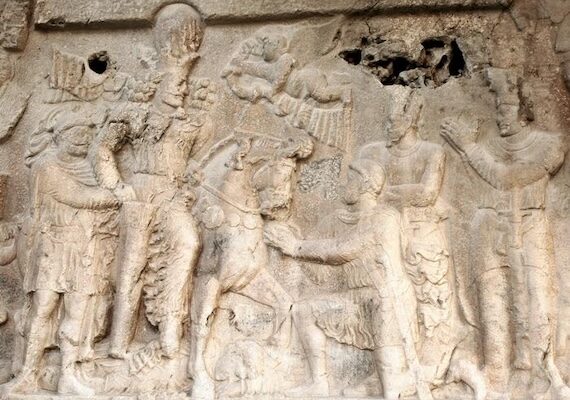
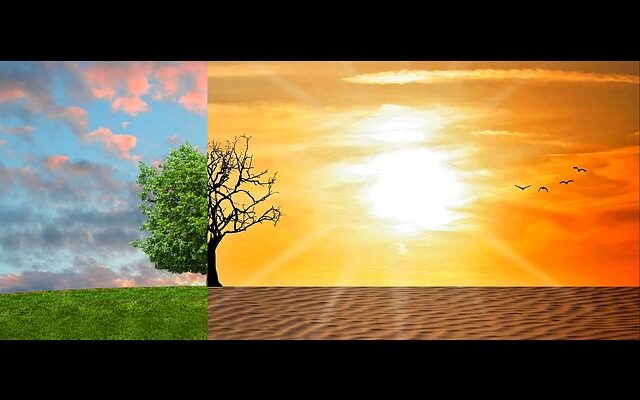
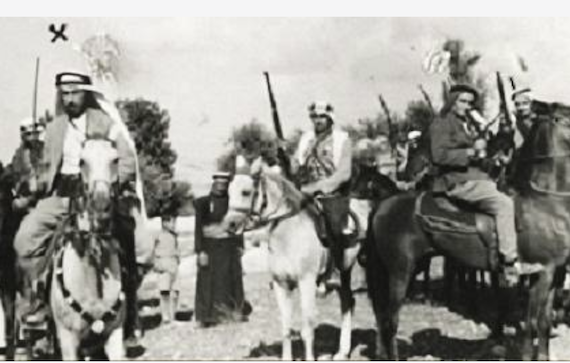
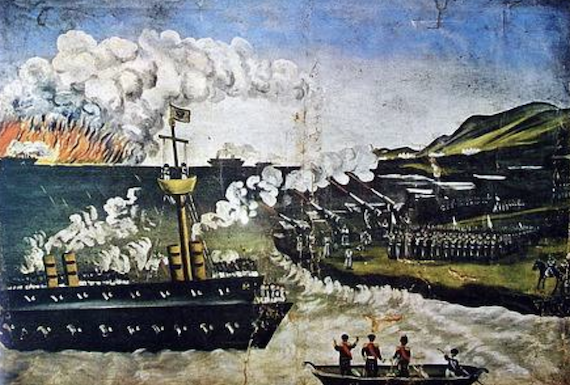
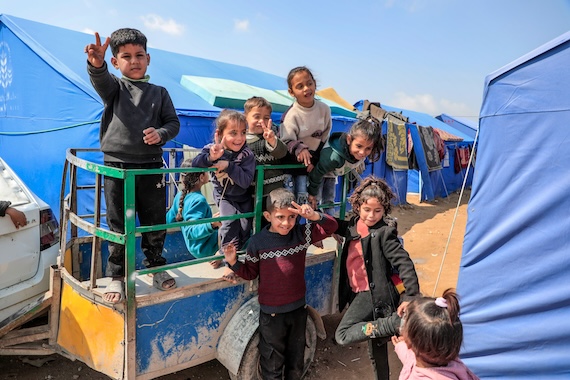
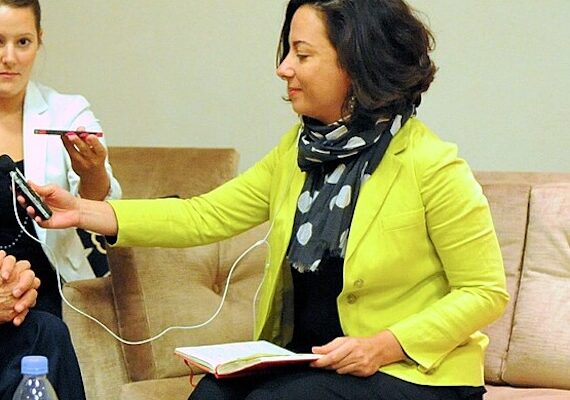
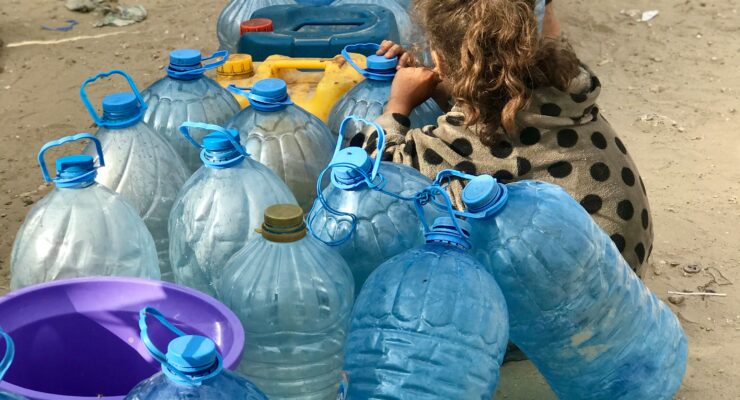

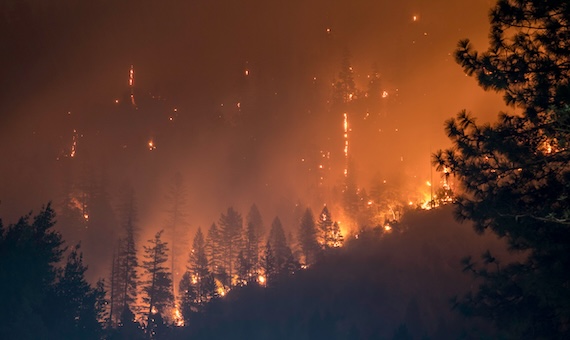
 © 2026 All Rights Reserved
© 2026 All Rights Reserved